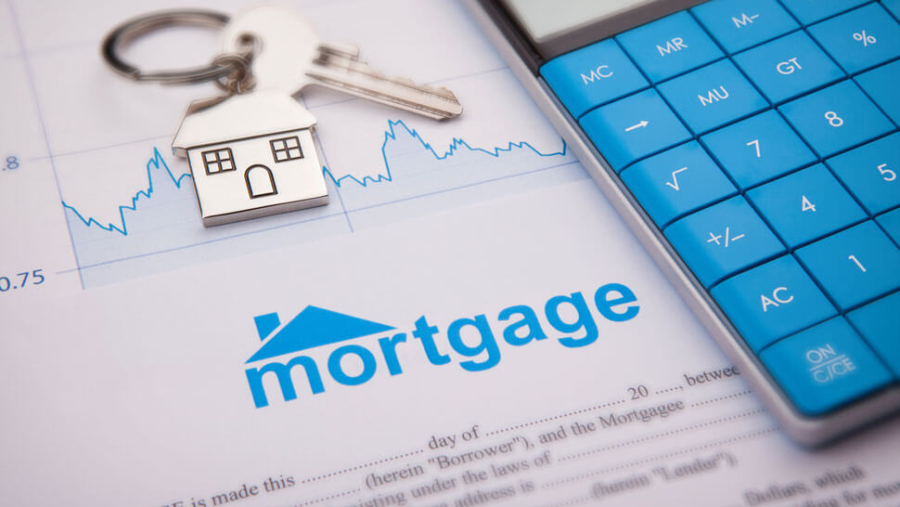

The restrictions in place around Covid-19 mean many people are unable to work. If this is you, you are no doubt worried about how you will pay your mortgage or if you could be repossessed.
The Financial Conduct Authority (FCA) regulates financial services firms and financial markets in the UK. It has produced guidance about how lenders should approach the management of mortgages in this period.
What does the FCA guidance say about mortgages and repossessions during the Covid-19 pandemic?
The FCA guidance implements your right to have a payment holiday for three months and for repossession of your home to be put on hold. It has to be followed by all mortgage firms.
It is designed to allow you to follow the rules on self-isolation at home without fear, and is based upon Principle 6 (treating customers fairly) and MCOB 2.5A.1R (act honestly, fairly and professionally in accordance with the best interest of customers).
Mortgages payment holidays during the Covid-19 pandemic
The FCA guidance means you are allowed to request a 3 month payment holiday if you are facing financial difficulty.
Your mortgage company is not expected to investigate the circumstances surrounding the request, but must inform you of any consequences of taking such a holiday. Your mortgage company does not need to assess affordability where it varies the terms simply because of the new guidance or to avoid a payment shortfall.
Once the holiday is over, your mortgage company must arrange a way for you to pay the payments you have missed in a way that is compatible with Principle 6 (treating customers fairly). It cannot capitalise on the amount owed without your agreement.
You should not have to pay any charge or fee in connection with the payment holiday, although interest can continue to accrue. Importantly, there should be no negative impact on your credit score because of the payment holiday.
What if I can’t pay my mortgage and my mortgage company decides to repossess?
Lenders should not start or continue repossession proceedings against you during the outbreak. Regardless of what stage a repossession has reached, it must be put on hold. Even if the lender has an order obtained, it must not be enforced (save for very exceptional circumstances).
However, your mortgage company should keep you fully informed, and discuss with you the potential impacts of suspending any moves towards repossession. An example of an impact might be the effect it has on your equity.
How long is this guidance in place for?
These measures have been introduced for an initial three month period. They may well be extended, depending on the social measures in place at the time. What is clear is that the aim is very much to ensure that consumers have as much financial protection as possible in these unprecedented times.










